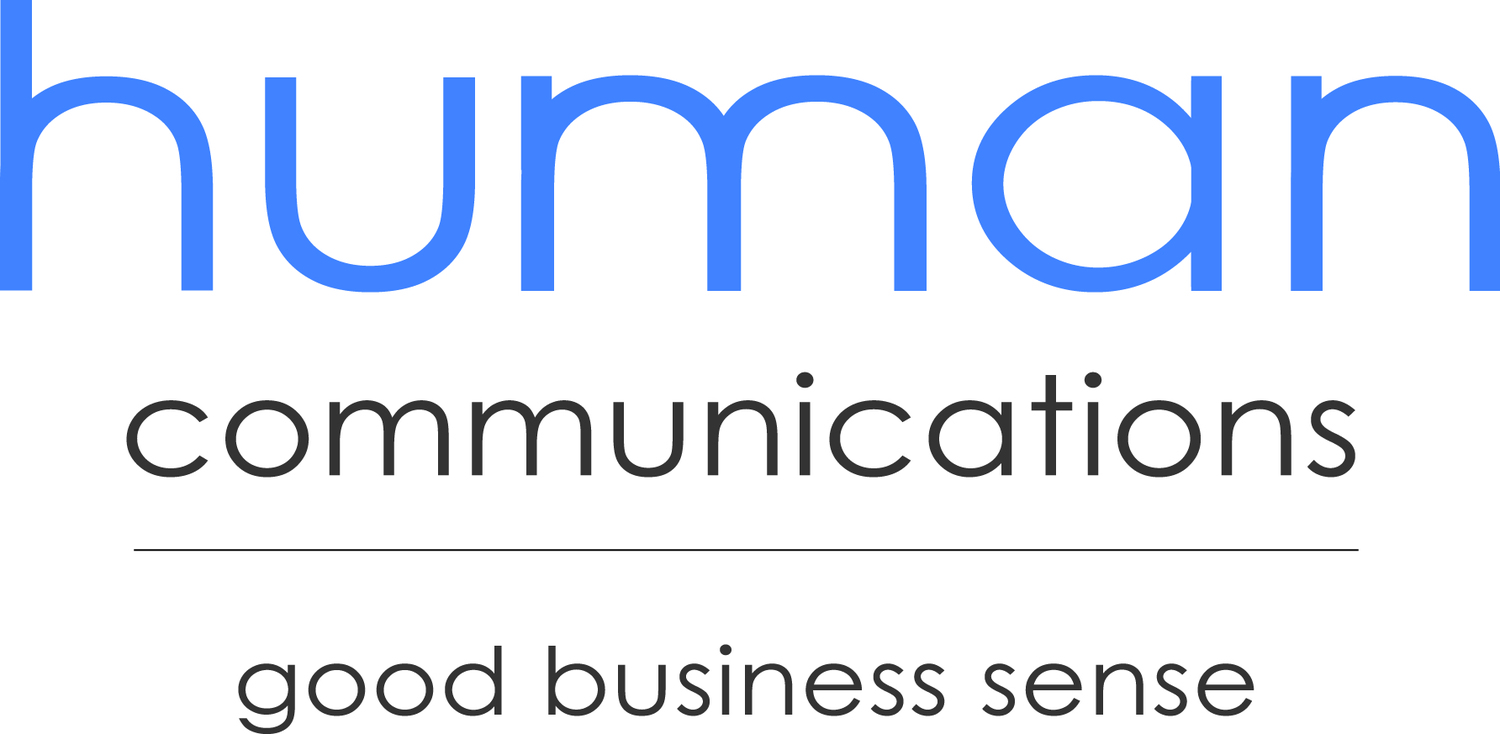Office distractions cost businesses £250m a year, research finds
If you work in an open-plan office, you know only too well how distracting it can be.
From ringing phones to gossiping colleagues and loud typists, each nuisance can put you off that document you’re trying to finish – or, at the very least, mean you’ll need to stay late to get it done.
According to new research, these office distractions waste so much time that the average worker can spend as many as 70 days a year at the office completely unnecessarily. And, when they are there, they’ll only be able to concentrate on a task for 22 minutes before they’re tempted to check their email again or are called into another meeting.
These are the findings of a survey commissioned by Samsung Electronics that not only highlights the top office annoyances, but also puts a cost on these distractions: it estimates that UK businesses alone lose up to £250 million a year in untapped productivity.
The research identified the following leading distractions for open-plan office workers:
- Loud talkers (57 per cent of respondents)
- The phone ringing (39 per cent)
- Unnecessary meetings (26 per cent)
- Constant stream of emails (22 per cent)
- Making tea rounds (18 per cent)
- Office gossips (16 per cent)
- People typing loudly (12 per cent)
If you need to concentrate, there aren’t any easy answers. But here are some tricks you can try next time you really have to focus on an important piece of work.
- Find a quiet space. Try booking a meeting room for an hour of uninterrupted work. You’ll make more progress than you ever will trying to run the gauntlet of loud talkers, ringing phones and your overflowing inbox.
- Escape the office. If you can, try working in your local coffee shop or cafe. Although it’s still an open-plan environment, complete with its own distractions, research has shown that the background buzz can actually aid concentration. And, of course, you won’t be far from a ready supply of caffeine to give you a boost.
- Work from home for the day. Even if it’s not a regular thing, ask your manager if you can spend a few hours at home to work on a crucial document. With telecommuting on the rise, more people are aware of the benefits of reducing distractions, and it might make all the difference between an average first draft and a document you’re proud of.
- Let your colleagues know. If you can’t leave the office, it might be helpful to let your team know that you have a big deadline and need some uninterrupted time to work on it. Being aware that you need to concentrate could even inspire some of them to join you!
- Get some help. Even if you’ve found a quiet space, carved out some time to focus and made good progress on your document, research shows that it can still be hard to spot careless errors when editing or proofreading your own work. So don’t forget to ask someone else to review your document – whether it’s a trusted colleague or, dare we suggest, a business editing service.
Ultimately, wherever you work – whether it’s an open-plan office or your local coffee shop – you’re sure to face some distractions along the way. But with 90 per cent of survey respondents claiming that a productive day made them feel happy, motivated or satisfied, it’s worth taking steps to increase your focus. By creating the right environment, you might be able to avoid the worst of the distractions – and go longer than 22 minutes without looking at your email...
What do you find most distracting when trying to concentrate at work? Are you affected by any distractions that didn’t make the list above?

